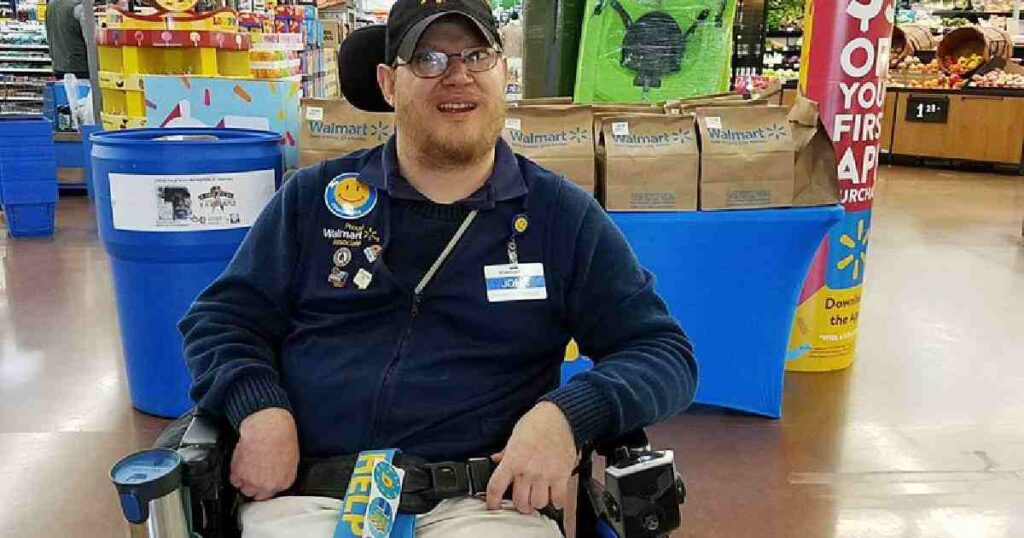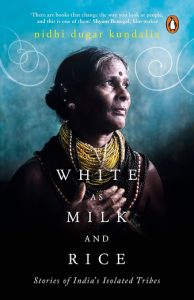Amrita Rejina RozarioWith current Covid-19 pandemic flaring up across 210 countries in the world, millions of poor people are already affected and more so in the developing world.Covid-19 by now, is no longer about health but became a social issue particularly for the low-income people and people living in vulnerable life condition in the developing countries. In the context of Covid-19 pandemic, Persons with Disabilities (PWDs) may have increased risk for exposure, complications, and death because of a number of factors.
First, they are disproportionately represented among older populations and at increased risk of pandemic. More than 46% of the world’s population of 60-plus age have disabilities. Secondly, children and adults with disabilities may have underlying health conditions that increase their risk of serious complications from COVID-19. Thirdly, people with disabilities are disproportionately represented among the world’s people living in poverty.
Impacts of COVID-19 are likely to even worsen the situation of the people in lower socio-economic groups.
People with disabilities in the developing countries are most vulnerable due to spread of the invisible ‘killer’ called novel coronavirus. Disability (12 types) causes marginalization and deprivation of a human and hinders living a life in dignity. In Bangladesh, as per Household Income and Expenditure Survey 2016, nearly 6.94% population of Bangladesh are PWDs. All these people face multiple layers of deprivation at this period particularly in job opportunity and secured income.
Rights and Protection of Persons with Disabilities Act 2013 fortunately prompted a positive change in social attitude coupled with policy support. Consequently, skilled People with disabilities could secure jobs in Ready-Made Garments, Banking, Social Services, Small Business andother sectors. On the contrary, several studies conducted to assess the situation of employment of PWDs in Bangladesh and factors influencing them show that people with disabilities are at a greater disadvantage, experiencing significant difficulties at this time of COVID-19 pandemic. Quarantine, health facilities and transport established as part of the COVID-19 response may fail to cater to the requirements of children and adults living with disabilities.
People have already started experiencing fragile conditions. With lockdown all over the country and shrinking economic activities; fear of hunger and frustration among low-income people is boiling. While normal people are capable of having access into local philanthropy support, people with disabilities cannot readily access into those nor do they have the physical capability to compete for cash or kind support.
Media reports claim that RMG sector has lost supply order of apparels worth 3 billion US dollars. Brunt of this economic turmoil is inevitably going to push the low-income quintal of the labor force towards negative coping strategies e.g. going without food, selling household goods for purchasing foods and essentials. The wrath of the economic boil down however, would be extreme on the people with disabilities as they have no option but to depend on others for their survival.
Disability focused organizations including mainstream voluntary social organizations working to promote, protect and assist in upholding rights of the PWDs in Bangladesh have come together to join hands with the government for the prevention and protection of the people with disabilitiesfrom COVID-19. Some activities being undertaken by local and national organizations include health literacy and door to door counselling, foods and hygiene packets distribution, collaboration and coordination etc.
The Government of Bangladesh has taken all measures within its capacity to save the population from this pandemic. The National Preparedness and Response Plan for COVID-19 is a laudable guiding document. Feeding 5 million people with food support including support for PWDs is another pro-poor step. Economic stimulus package for the RMG workers will reduce suffering of the extreme and low-income people of the country.
However, there are areas where we can collectively contribute to fill in the gaps. Bangladesh Television broadcasts its news bulletins in sign language to reach out to the hearing impaired. All the private television channels should broadcast their news bulletins with sign language interpretation upholding the spirit of ‘leaving no one behind.’
Engagement of disability focused organisations in the preparedness and response plans (focusing the needs of different types of disabilities) including implementation process is necessary to fulfill the objectives of the National Preparedness and Response Plan for COVID-19.
Participation of the disability focused organisations and voluntary social organizations at the local level in designing and delivering of prevention and response plans and decision-making will ensure social equity. Women suffer the most in any disaster. Similarly, women with disabilities are likely to have been more vulnerable during this lockdown situation. Therefore, special attention needs to be given to protect and safeguard the women with disabilities at all levels.
Quota for cash or food support for people with disabilities is highly recommended as it will ensure rights and entitlements for them amongst those competing to have access into public or private resources. Door-step delivery should be ensured for free or at affordable rates.
Coordination and Cooperation between and among disability focused organisations and voluntary social organizations is desired to avoid any overlap or duplication of limited resources. Access to aid and devices for persons with disabilities during the lockdown should be made available. Support services, personal assistance, physical and communication accessibility must be ensured by public and private service providers for those persons with disabilities affected.
Provisions should be made for those people with disabilities who do not have disability certificates that they can avail uninterrupted government services. There should be separate rehabilitation and quarantine centers for people with disabilities. Trained and qualified health professionals should be engaged to deal with people with disabilities when quarantined.
And finally, we must keep in mind that people with disabilities in need of health services due to COVID-19 must not be deprioritized on the ground of their disability.
(The views and opinions expressed herein are of the author’s and do not necessarily reflect those of UNB. Amrita Rejina Rozario, is the Country Director of Sightsavers Bangladesh Country Office. She can be reached at arozario@sightsavers.org)




